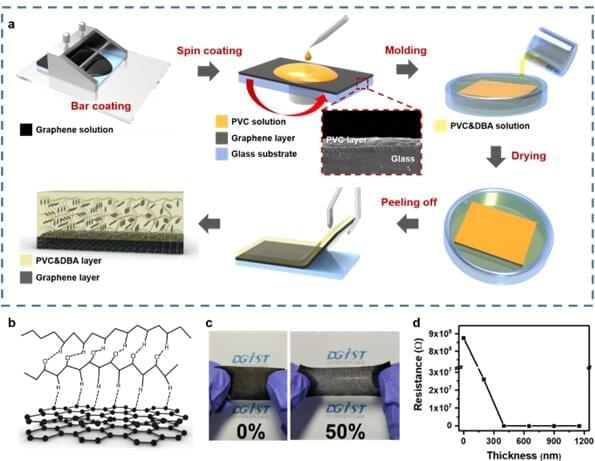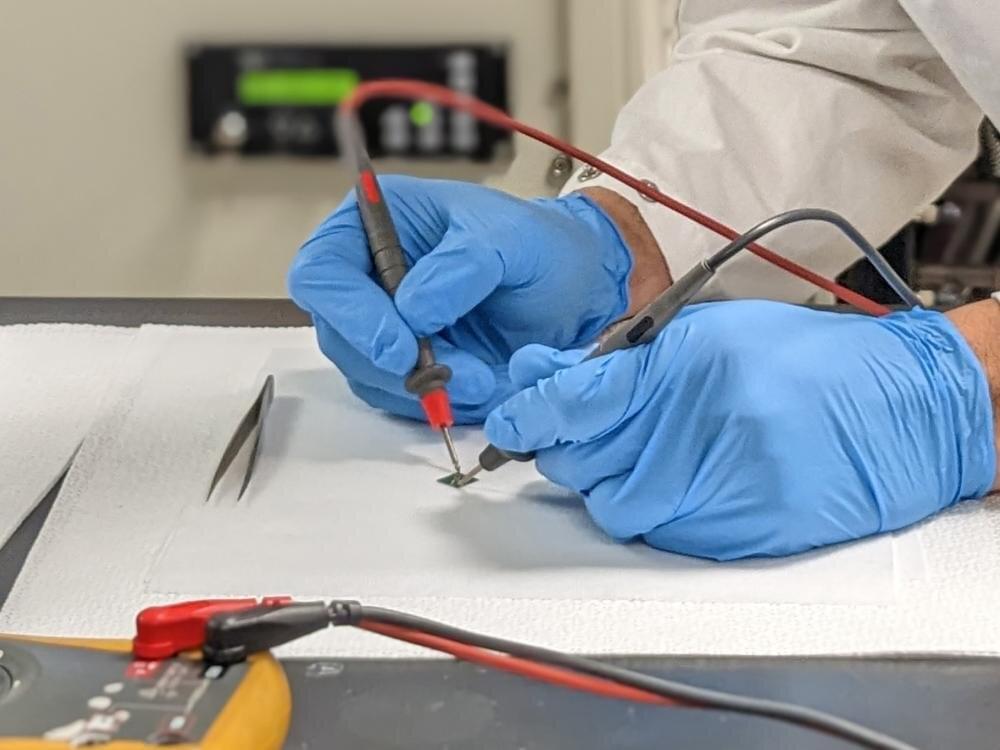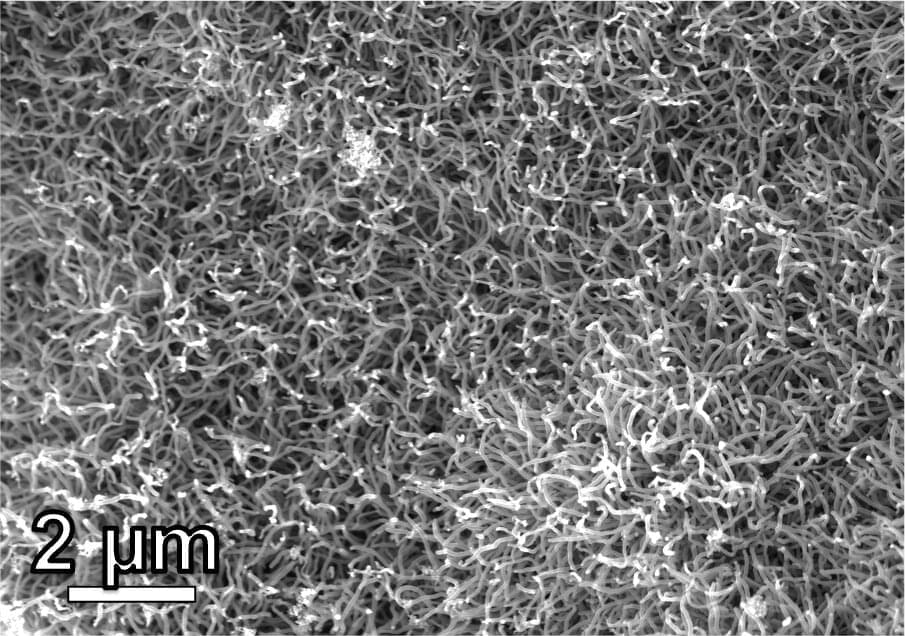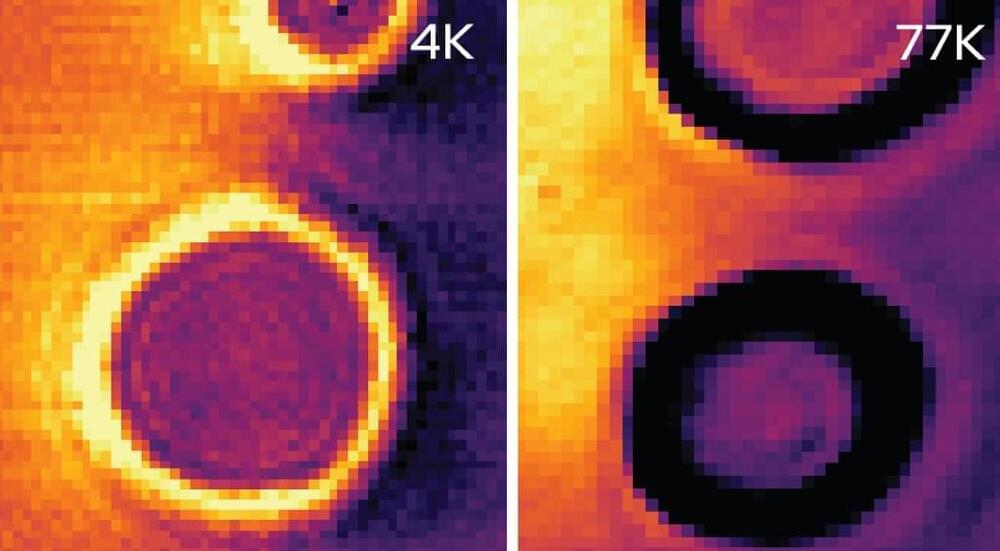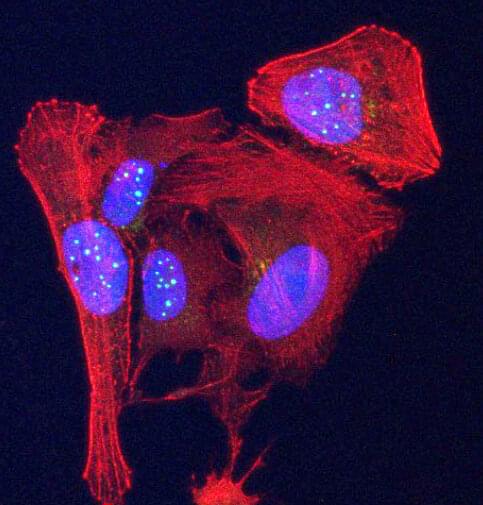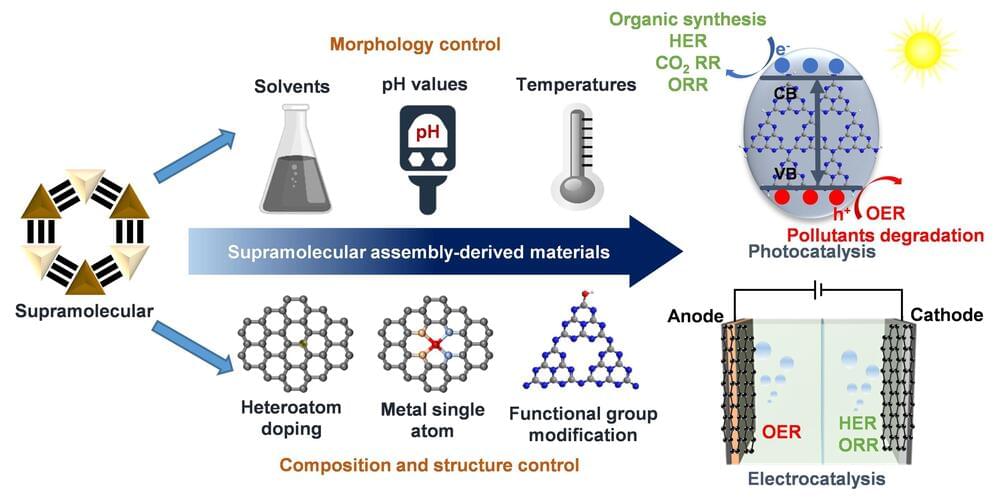Nice. But I’m more concerned about the jobs that will be lost from this.
#Zoox #youtube #ai #yahoofinance.
This segment originally aired on February 17, 2023.
Zoox CEO Aicha Evans joins Yahoo Finance Live anchors Dave Briggs and Seana Smith to discuss approval of its self-driving auto by the California DMV, the state of the autonomous vehicle industry, and Amazon’s ownership of the company.
Don’t Miss: Valley of Hype: The culture that built Elizabeth Holmes.
WATCH HERE:
About Yahoo Finance:
At Yahoo Finance, you get free stock quotes, up-to-date news, portfolio management resources, international market data, social interaction and mortgage rates that help you manage your financial life.
Yahoo Finance Plus: With a subscription to Yahoo Finance Plus get the tools you need to invest with confidence. Discover new opportunities with expert research and investment ideas backed by technical and fundamental analysis. Optimize your trades with advanced portfolio insights, fundamental analysis, enhanced charting, and more.
To learn more about Yahoo Finance Plus please visit: https://yhoo.it/33jXYBp.
Connect with Yahoo Finance:
